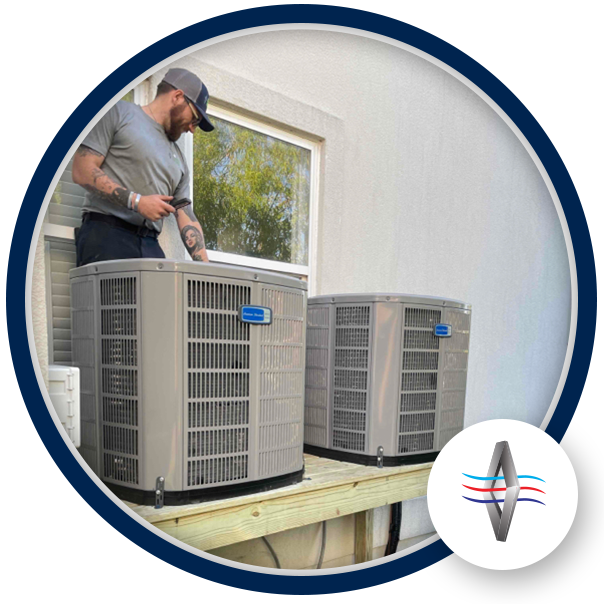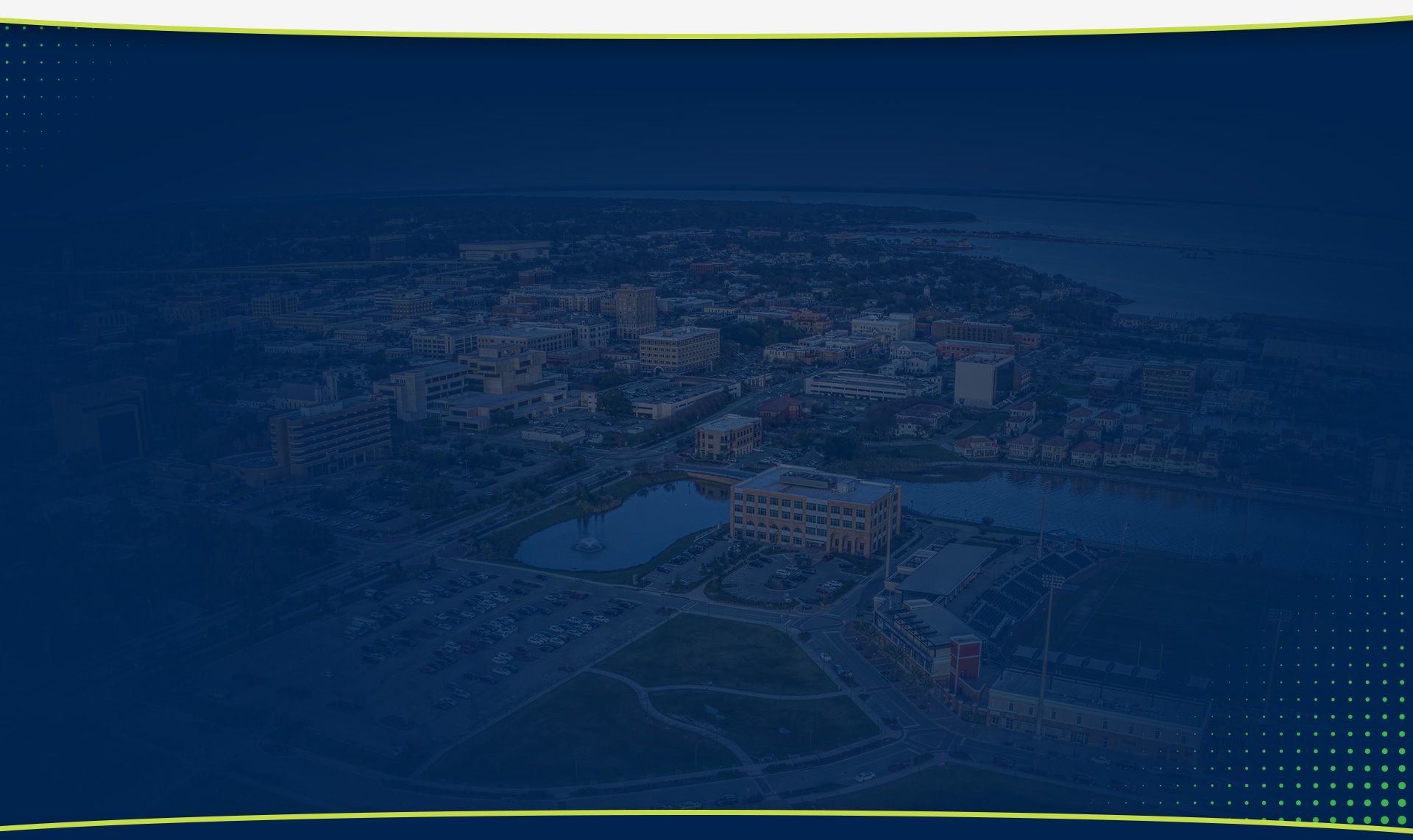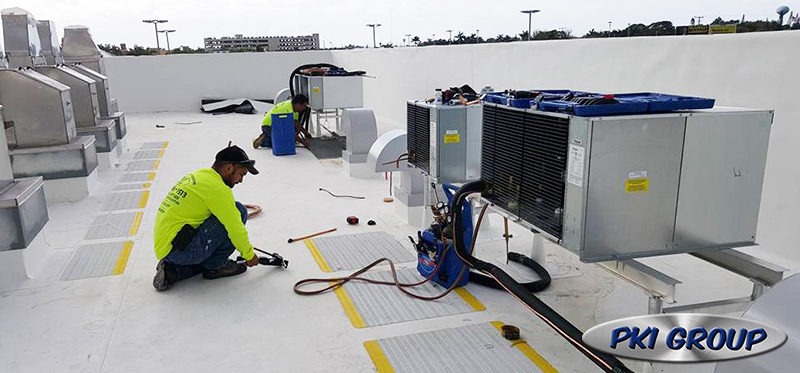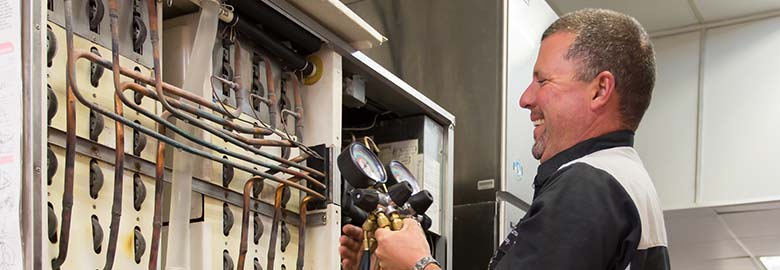
Commercial Refrigeration Repair And Maintenance
When it comes to keeping your commercial refrigeration systems in top-notch condition, there’s no one better to rely on than Diamond Air Design. With their expertise in commercial refrigeration repair and maintenance, you can trust them to diagnose and fix any issues that arise, ensuring that your refrigeration units are operating efficiently and effectively. Whether it’s a malfunctioning compressor or a leaky seal, Diamond Air Design has the knowledge and experience to provide the highest quality service. Don’t let refrigeration problems slow down your business, reach out to Diamond Air Design today and experience the difference they can make for your commercial refrigeration needs.
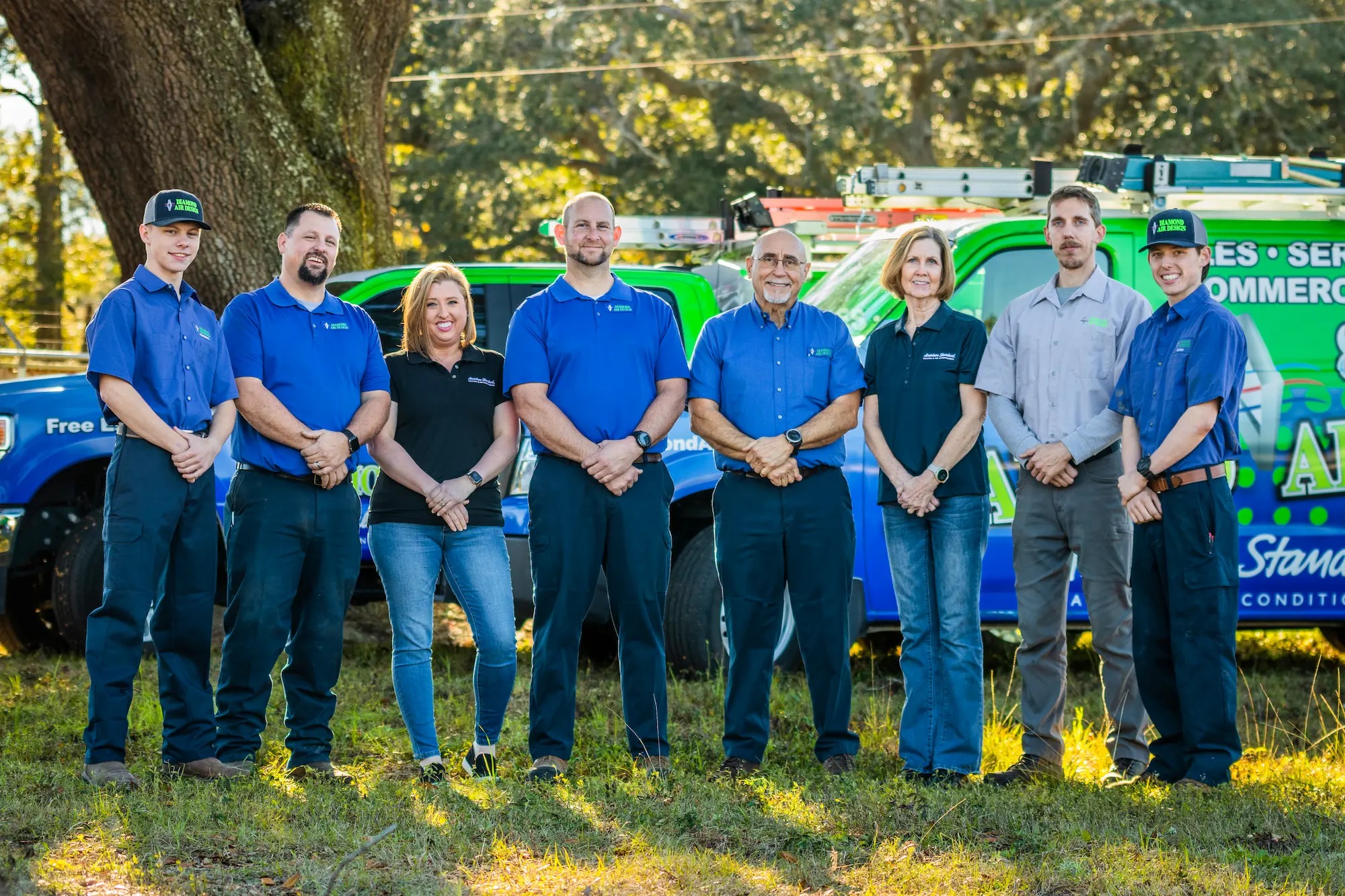
Types of Commercial Refrigeration Systems
Walk-in freezers
Walk-in freezers are large storage spaces that provide low-temperature storage for a wide range of perishable items. They are commonly used in restaurants, grocery stores, and food processing facilities. These systems typically have insulated panels and a refrigeration unit that cools the space to maintain a desired temperature.
Reach-in coolers
Reach-in coolers are smaller refrigeration units that are commonly found in commercial kitchens and retail environments. These units are designed to keep products cool and easily accessible. They usually have glass doors or solid doors and adjustable shelves to accommodate different types of products.
Refrigerated display cases
Refrigerated display cases are used to showcase food and beverages in retail settings such as supermarkets, convenience stores, and delis. These cases are designed to attract customers and keep products at a consistent and safe temperature. They come in various sizes and styles, including open-front, glass-door, and countertop displays.
Ice machines
Ice machines are essential for businesses that require a constant supply of ice, such as restaurants, bars, and hotels. These machines produce ice in various forms, including cubed, crushed, and flaked. They rely on a refrigeration system to cool the water and freeze it into ice.
Blast chillers
Blast chillers, also known as shock freezers, are used to rapidly chill or freeze food to preserve its quality and ensure food safety. These units are commonly used in commercial kitchens, bakeries, and catering facilities. Blast chillers work by circulating cold air at high speeds to quickly cool down hot food.
Refrigerated prep tables
Refrigerated prep tables are commonly used in food preparation areas and commercial kitchens. These tables provide a convenient workspace and refrigerated storage for ingredients, condiments, and other perishable items. They typically have a refrigerated base and a solid or glass top for food preparation.
Refrigerated merchandisers
Refrigerated merchandisers are commonly used in retail settings to display and sell perishable items, such as beverages, dairy products, and pre-packaged food. These units are designed to attract customers with their visually appealing displays while maintaining the freshness and quality of the products.
Beverage dispensers
Beverage dispensers are used in establishments that serve a variety of drinks, such as restaurants, cafes, and convenience stores. These dispensers keep beverages at a desired temperature while allowing for easy and hygienic dispensing. They are designed to handle different types of beverages, including hot and cold drinks.
Refrigerated warehouses
Refrigerated warehouses are large-scale storage facilities that provide cold storage for a wide range of perishable goods. These warehouses are commonly used by food manufacturers, distributors, and wholesalers. They have specialized refrigeration systems and equipment to maintain specific temperature and humidity levels.
Common Commercial Refrigeration Problems
Refrigerant leaks
Refrigerant leaks can occur in commercial refrigeration systems due to various factors, such as corrosion, vibration, or improper installation. A refrigerant leak can lead to a loss of cooling capacity and increased energy consumption. It’s important to address refrigerant leaks promptly to prevent further damage to the system and ensure its optimal performance.
Compressor failure
The compressor is the heart of a refrigeration system, responsible for circulating the refrigerant and maintaining the desired temperature. Compressor failure can occur due to factors such as electrical issues, mechanical wear and tear, or overheating. When the compressor fails, the system may stop cooling altogether, resulting in spoiled products and potential inventory loss.
Temperature inconsistencies
Temperature inconsistencies can occur within a commercial refrigeration system, leading to uneven cooling and potential food spoilage. These inconsistencies can be caused by issues with airflow, thermostat malfunctions, or problems with the refrigeration components. It’s important to address temperature inconsistencies promptly to ensure the storage of perishable items at safe temperatures.
Excessive ice buildup
Excessive ice buildup on the evaporator coils can restrict airflow and hinder the efficiency of the refrigeration system. This can lead to temperature fluctuations, reduced cooling capacity, and increased energy consumption. Regular maintenance and cleaning of the evaporator coils are essential to prevent excessive ice buildup and maintain optimal system performance.
Faulty defrost system
The defrost system in a commercial refrigeration system is responsible for removing ice buildup on the evaporator coils. If the defrost system fails or malfunctions, it can result in excessive ice formation, reduced cooling efficiency, and possible damage to the coils. Regular inspection and maintenance of the defrost system can help prevent these issues.
Clogged condenser coils
Condenser coils play a crucial role in the cooling process by releasing heat from the refrigerant. If the condenser coils become clogged with dirt, debris, or grease, it can hinder heat transfer and reduce the overall efficiency of the system. Regular cleaning and maintenance of the condenser coils are necessary to prevent clogging and optimize system performance.
Faulty thermostat
The thermostat in a commercial refrigeration system is responsible for maintaining the desired temperature inside the unit. If the thermostat malfunctions or becomes inaccurate, it can result in temperature inconsistencies and potential food spoilage. Regular calibration and replacement of faulty thermostats are essential to ensure accurate temperature control.
Fan motor issues
Fan motors are responsible for circulating air within the refrigeration system, ensuring proper cooling throughout the unit. Fan motor issues, such as motor failure or lack of proper lubrication, can lead to reduced airflow, uneven cooling, and increased energy consumption. Regular inspection and maintenance of fan motors are necessary to prevent these issues.
Water leakage
Water leakage can occur in a commercial refrigeration system due to factors such as clogged drain lines, damaged seals, or excessive condensation. Water leakage can lead to water damage, mold growth, and potential system breakdowns. Identifying and addressing the source of water leakage promptly is crucial to prevent further damage and maintain a safe working environment.
Strange noises
Strange noises coming from a commercial refrigeration system can indicate underlying issues, such as motor problems, compressor malfunctions, or loose components. Ignoring these noises can lead to more significant problems and possible system failures. It’s important to address and resolve any unusual noises to ensure the proper functioning of the system.
Importance of Regular Maintenance
Ensures proper performance
Regular maintenance of commercial refrigeration systems is essential to ensure their proper performance. By conducting regular inspections, cleaning, and servicing, any potential issues can be identified and resolved before they affect the system’s functionality and efficiency. This allows the system to operate at its optimal level and maintain consistent temperature control.
Extends the lifespan of equipment
Regular maintenance can significantly extend the lifespan of commercial refrigeration equipment. By addressing minor issues promptly and ensuring proper care and upkeep, the system’s components can operate smoothly and efficiently for a longer period. This reduces the need for premature replacements and helps businesses save on equipment costs.
Reduces energy consumption
Proper maintenance of commercial refrigeration systems helps optimize energy efficiency. When the system is clean and all components are functioning correctly, it requires less energy to cool and maintain the desired temperature. This can lead to significant energy savings over time, benefiting both the environment and the business’s bottom line.
Prevents expensive breakdowns
Regular maintenance can help identify and address potential issues before they turn into major breakdowns. By conducting routine inspections and servicing, technicians can detect early signs of component failures, refrigerant leaks, or other system malfunctions. This proactive approach prevents costly emergency repairs and unexpected interruptions to business operations.
Maintains optimal temperature control
Effective temperature control is essential for the safe storage of perishable items. Regular maintenance ensures that the commercial refrigeration system can maintain the desired temperature consistently. This helps prevent food spoilage, maintains product quality, and ensures compliance with health and safety regulations.
Improves food safety and quality
Commercial refrigeration systems play a vital role in preserving food safety and quality. Regular maintenance helps keep the system clean, preventing the growth of bacteria and other contaminants. Additionally, proper maintenance ensures that the system maintains the correct temperature and humidity levels, which are crucial for preventing foodborne illnesses and maintaining the freshness of perishable items.
Complies with health and safety regulations
Compliance with health and safety regulations is essential for businesses in the foodservice industry. Regular maintenance of commercial refrigeration systems helps ensure that the equipment meets the required standards for temperature control, sanitation, and hygiene. This helps businesses avoid penalties, maintain a positive reputation, and protect the health and well-being of their customers.
Decreases the risk of food spoilage
Commercial refrigeration systems are responsible for preserving the quality and freshness of perishable items. Regular maintenance reduces the risk of system failures and temperature inconsistencies that can lead to food spoilage. By identifying and resolving potential issues early on, businesses can minimize the risk of inventory loss and maintain customer satisfaction.
Enhances customer satisfaction
Properly functioning commercial refrigeration systems are essential for businesses that serve perishable food and beverages. By investing in regular maintenance, businesses can ensure that their products are stored at the optimal temperature, resulting in higher food quality and extended shelf life. This helps enhance customer satisfaction and loyalty.
Reduces overall repair costs
Regular maintenance can significantly reduce overall repair costs for commercial refrigeration systems. By addressing minor issues before they escalate into major breakdowns, businesses can avoid costly emergency repairs and system failures. The cost of routine maintenance is typically much lower than the expenses associated with large-scale repairs or equipment replacements.
Signs that Your Commercial Refrigeration System Needs Repair
Increased energy bills
If you notice a sudden increase in your energy bills, it may be a sign that your commercial refrigeration system is not functioning efficiently. Issues such as refrigerant leaks, compressor problems, or clogged coils can cause the system to work harder and consume more energy. A professional technician can inspect the system to identify the underlying issue and recommend the necessary repairs.
Frequent temperature fluctuations
Commercial refrigeration systems should maintain a consistent temperature to ensure the proper storage of perishable items. If you notice frequent temperature fluctuations in your unit, it could indicate a problem with the thermostat, defrost system, or other components. Prompt repairs are essential to prevent food spoilage and maintain product quality.
Ice buildup on evaporator coils
Excessive ice buildup on the evaporator coils can indicate a problem with your commercial refrigeration system. It can be caused by issues such as a faulty defrost system, airflow restrictions, or refrigerant leaks. Ice buildup can hinder proper cooling and lead to reduced efficiency. A professional technician can diagnose the issue and provide the necessary repairs.
Water pooling around the unit
Water pooling around your commercial refrigeration unit can be a sign of a clogged drain line or a malfunctioning defrost system. It can lead to water damage and potential system breakdowns if left unaddressed. A qualified technician can inspect the system, unclog the drain line, and resolve any issues causing water leakage.
Strange odors
Unusual odors coming from your commercial refrigeration system can indicate mold growth, refrigerant leaks, or other underlying issues. These odors can contaminate the stored food and affect its quality and safety. It’s important to have a professional technician investigate the source of the odor and perform the necessary repairs to maintain a clean and safe environment.
Unusual sounds
If you hear unusual sounds coming from your commercial refrigeration system, such as grinding, buzzing, or rattling noises, it may be a sign of mechanical issues or loose components. Ignoring these sounds can lead to further damage and system failure. Contacting a professional technician to inspect and repair the system can help prevent costly repairs and disruptions to your business.
Inconsistent cooling
Inconsistent cooling within your commercial refrigeration unit can indicate a problem with the airflow, compressor, or other critical components. This can lead to temperature variations and potential food spoilage. A qualified technician can diagnose the issue and perform the necessary repairs to ensure consistent cooling and temperature control.
Food spoilage or quality issues
If you notice frequent food spoilage or quality issues, it may be a sign that your commercial refrigeration system is not functioning properly. Inadequate cooling, temperature fluctuations, or airflow problems can compromise the freshness and safety of stored food items. Prompt repairs are necessary to prevent further product loss and maintain customer satisfaction.
Condensation on glass doors
Condensation on the glass doors of your commercial refrigeration unit can indicate a problem with the seals or temperature control. It can lead to increased energy consumption, reduced cooling efficiency, and potential food spoilage. A professional technician can assess the situation and make the necessary repairs to eliminate condensation and ensure proper functioning of the unit.
Malfunctioning thermostat
A malfunctioning thermostat can result in inconsistent temperature control within your commercial refrigeration system. It can cause the unit to overcool or undercool, leading to potential food safety issues and energy wastage. If you notice temperature discrepancies, it’s important to have a qualified technician inspect and repair the thermostat to maintain accurate temperature control.

Why Choose Diamond Air Design?
-
$99 Service Call FeeTake advantage of this limited-time offer to get the service you need at an unbeatable price.
-
Available for Emergency HelpHeating and cooling emergencies can't wait. We're ready when you need us with reliable solutions.
-
Financing AvailableCover your HVAC system costs with our helpful financing options.
-
Get a 100% Free EstimateOur expert team provides hassle-free estimates on all new systems.
FAQs
Have questions? We are here to help. Still have questions or can't find the answer you need? Give us a call at 850-753-2795 today!
-
How often should A/C filters be changed?
As a general rule, you should do a visual inspection monthly and change the filter. If the filters appear to be getting dirty sooner, then change them more frequently. A filter that does not flow properly will cause your unit to work harder, therefore, increasing your energy cost. In addition, a clogged air filter makes your unit run hotter and put more strain on your system which shortens its life span. It is the best maintenance & most cost-effective thing you can do for comfort, energy saving, and system longevity.
-
How long should an A/C run on a 100-degree day?
According to Energy.gov, 68 degrees is a good room temperature while you’re awake and at home, but it can be set lower when no one is home or during sleep hours. You can reduce your annual cooling and heating costs by up to 10 percent by turning down your thermostat 7-10 degrees for eight hours a day.
-
How long can an A/C run continuously?You can run your air conditioner all day long on hot days if you need to. It won’t harm your unit, as long as you don’t set the inside temperature too low, which could cause your system to overwork. During 100-degree days, it is best to set your AC to somewhere between 75 and 80 degrees.
